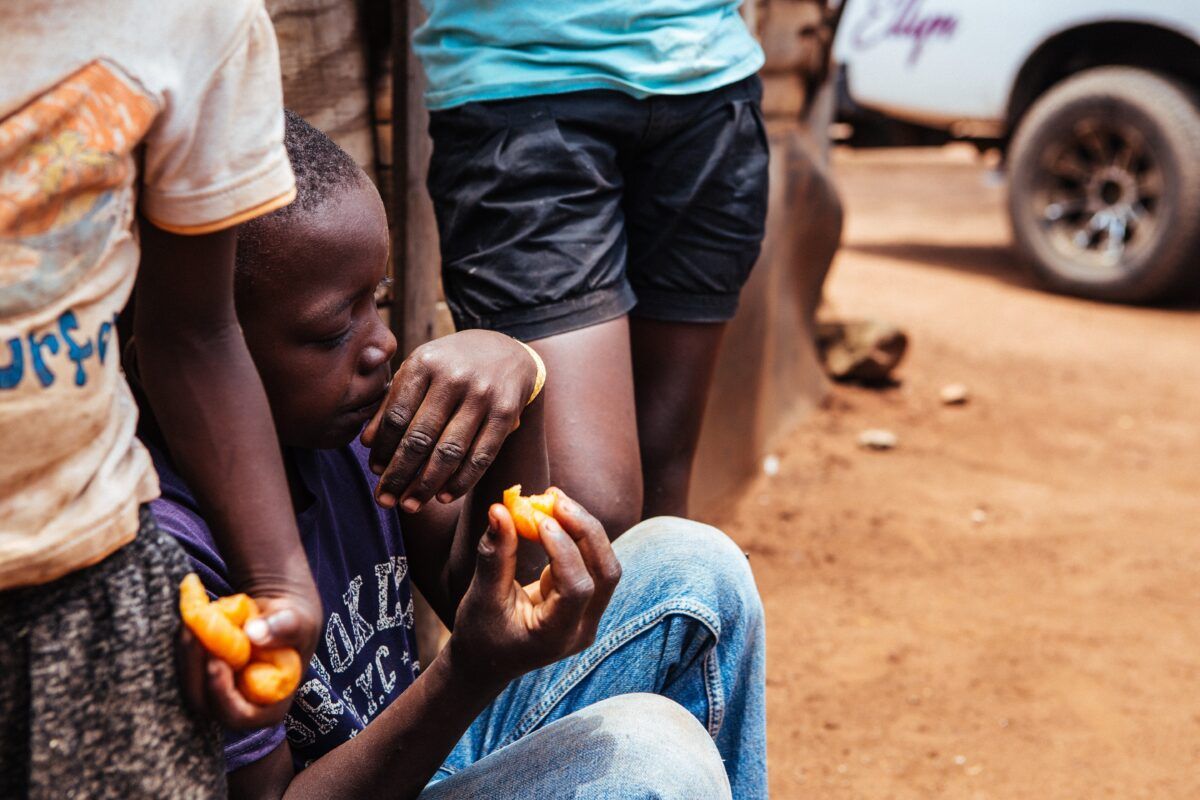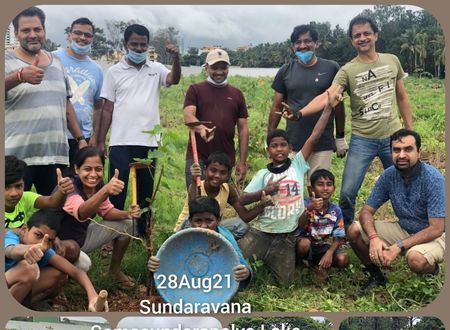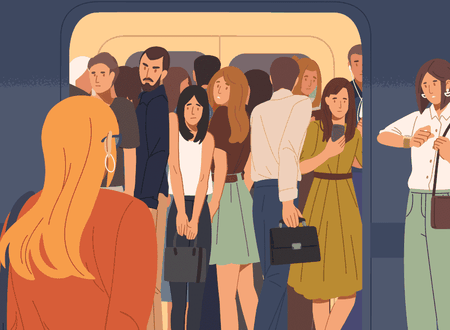“We are hungry, please give us some money”.
As they walked back from classes, a few kids approached my wife Durga and her friend Anita Salunke. This was in the late 2010s when they were in college. Anita had seen these kids begging routinely for money. When kids are begging, it is not clear whether giving money is the right thing to do. The parents of these children, or even organised institutions, nefariously employ these kids as instruments to earn money by begging.
That day, however, the word “hungry” caught Anita’s attention. She took the kids to a person selling chat on the roadside and bought all the children Dabeli. “When I give money, I have no idea how they would spend it. When I buy them food, they are happy, and so am I, it is a win-win”, said Anita.
Anita’s Idea Inspired Me
When I would visit Chennai on vacation when I lived in the US, the amount of poverty and people begging for a living broke my heart. Despite having grown up here. When I moved back to live in India for good, seeing people begging became a routine affair. Over time, my heart automatically became calloused. While I still felt sad to see all the suffering, my heart did not break as before.
Durga told me about this incident (emphasising that the Dabelis were delicious) a few years ago. It inspired me profoundly. Anita’s idea of buying hungry people food appealed to me. I decided I would put it in practice when people were hungry.
I Buy Hungry People Food
When I was walking near Vadapalani bus stand in Chennai, an old lady asked me for money. She said she was hungry. I asked her if I could buy her some food. She agreed. I went to a small restaurant nearby, and ordered idlis for “parcel” (the local term for a takeaway order). The grateful lady accepted the idlis.
On another occasion, a family of four (a father, mother and two children) told me they had traveled from out of town and they didn’t have money and were hungry. I sat them at a small restaurant nearby in K K Nagar and after they placed their order, I paid the cashier for the food and bade them goodbye.
When I visited Mumbai, some people begged for food. When I went to a restaurant and asked for some takeaway food for the people begging for food, the owner (who was sitting at the cashier’s desk) told me I would need to make sure they sat away from the restaurant. I heard him. He had a business to run. He wouldn’t want other customers turning away from his restaurant. I got idlis (once again) and made sure the people ate away from the restaurant. (On another note, some of the best idlis, vadas and dosas I’ve eaten were in restaurants in the Matunga area in Mumbai. I spent a week in Matunga and every South Indian restaurant served delicious food.)
On a fourth occasion, when I was walking in the Tower Park in Anna Nagar (which was initially famous for a tall tower, but is now a hub for walking aficionados), a person told me he was hungry. I offered to take him to a restaurant and buy him food. He insisted on receiving money. He tried giving me excuses, none of them resonated with me. I politely declined to help him and continued with my walk.
A Butterfly Effect
Anita couldn’t have known that her dabeli purchase in 2007 would result in a family of four getting fed in 2017. We never know how our act of kindness can go on to impact the world. I shouldn’t forget Durga’s key role in this butterfly effect — she was the medium to inspire me by telling me about Anita’s kind act and the rationale behind it.
I did not fully understand the importance of the RAK (Random Acts of Kindness) stories in the Black Lotus app. Reflecting on the butterfly effect of Anita’s actions allowed me to put 2 and 2 together. Reading about a RAK story in the Black Lotus app could inspire another person to perform a beautiful act of kindness.
If you’ve not read it, Spiritual Leader Om Swami’s article on random acts of kindness is a must-read.
Takeaways
- Buying hungry people food is an excellent alternative to giving them money
- Go ahead and share stories about random acts of kindness. Those performed by you as well as those performed by others. You never know when someone may be inspired by it.
- Perform random acts of kindness. In addition to the immediate effect it has on the recipient, it might well spur on a butterfly effect.
- If you can’t help someone for any reason (even the reason is that you don’t feel like it), don’t feel bad.
Image Credit: Timothy Barlin on Unsplash









Comments & Discussion
19 COMMENTS
Please login to read members' comments and participate in the discussion.